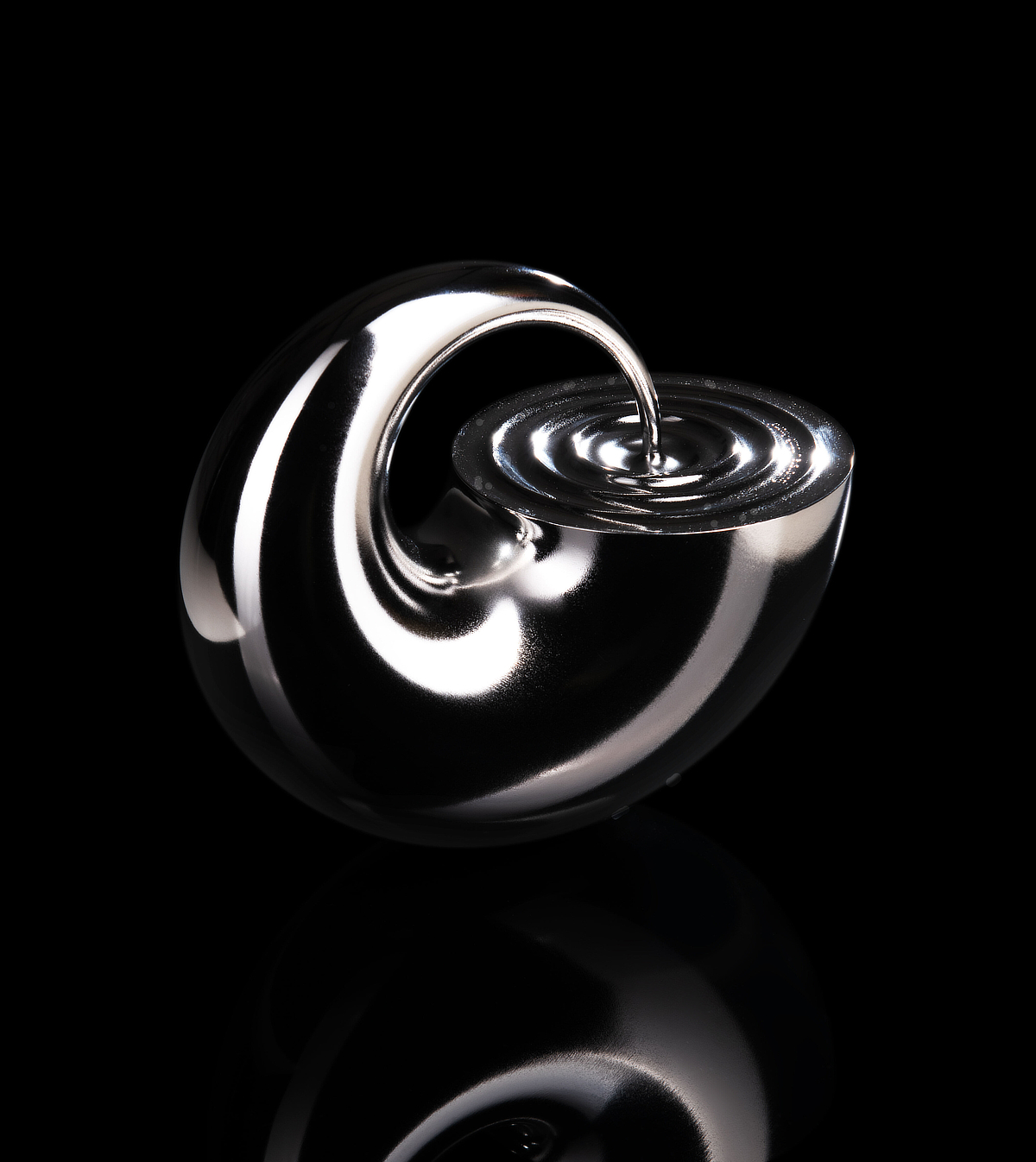Design a memorial that speaks to the cause of ending all nuclear weapons programs
Competitions
Resources
GET INSPIRED

Design the next suburban home for the USA

Design slow sauna in Iceland

Design a story of your country

Take a seat and make a statement!

Design a new concept of small-scale home and share a prize fund of 100,000€

Celebrating your unbuilt architecture visions with a €100,000 prize
Only participants selected and invited by Buildner can enter these closed competitions. To be considered for future opportunities, please set up your account on Architects’ Network Plus.
Prize 350,000 + Construction
Eligibility Invitations-only